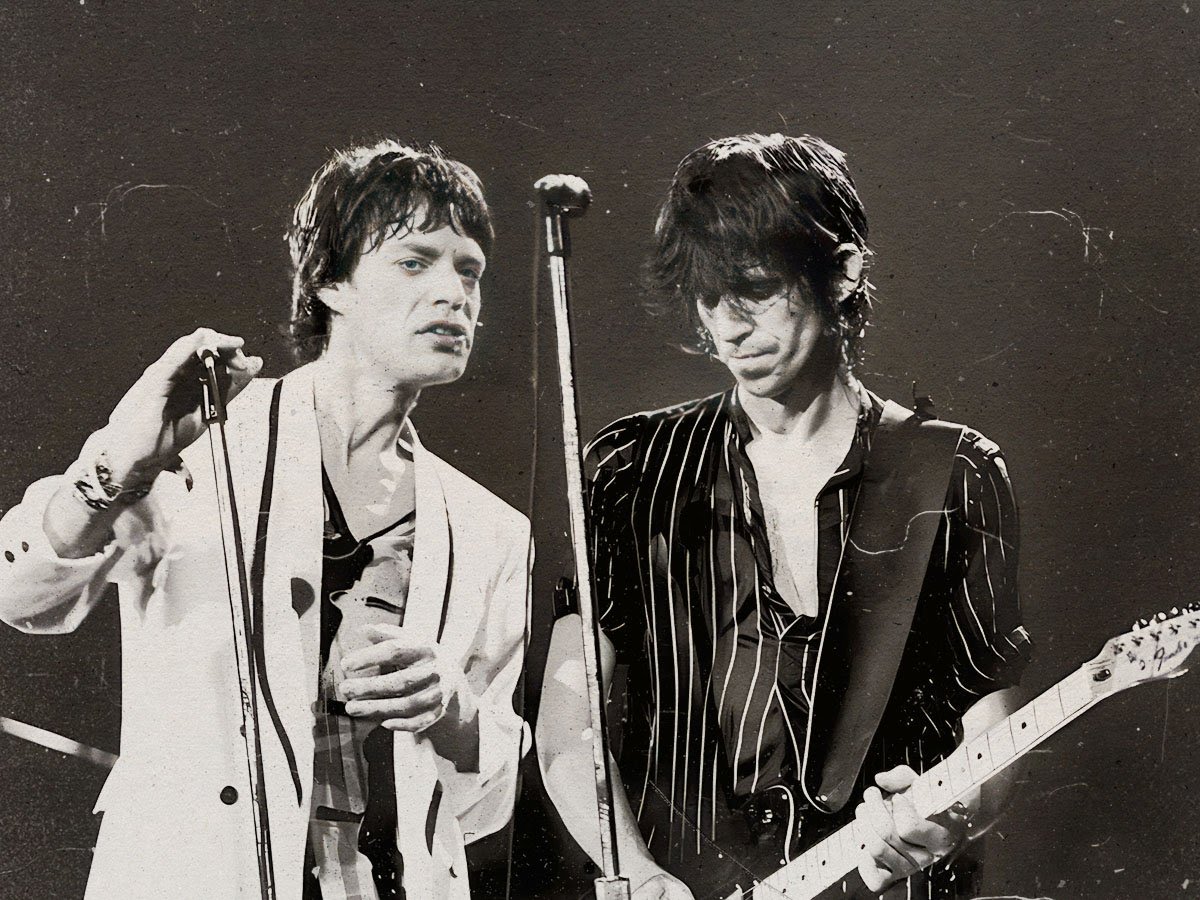It’s hard to think of anything that was quite as unique as The Rolling Stones‘ classic 1971 album Sticky Fingers. Recorded in Muscle Shoals, Alabama, the album contained ten of the most drugged-up, strung-out, and burned-through songs in the entirety of the Stones’ catalogue. Direct allusions in ‘Sister Morphine’ and ‘Dead Flowers’ bumped up against the lethargic stroll of ‘You Gotta Move’ and the jumped-up party energy of ‘Can’t You Hear Me Knocking’ and ‘Bitch’.
‘Brown Sugar’ wound up becoming the album’s most iconic track, but its legacy has rested in a peculiar place as shifting morals caused the song to be more-or-less retired. Instead, the Sticky Fingers track that has now truly stood the test of time is ‘Wild Horses’, the heartbreaking ballad at the centre of the album’s tracklisting.
“‘Wild Horses’ almost wrote itself,” Keith Richards insisted in his 2010 autobiography Life. “It was really a lot to do with, once again, fucking around with the tunings. I found these chords, especially doing it on a twelve-string to start with, which gave the song this character and sound.”
“There’s a certain forlornness that can come out of a twelve-string,” Richards stated. “I started off, I think, on a regular six-string open E, and it sounded very nice, but sometimes you just get these ideas. What if I open tuned a twelve-string? All it meant was translate what Mississippi Fred McDowell was doing – twelve-string slide – into five-string mode, which meant a ten-string guitar.”
“It was one of those magical moments when things come together. It’s like ‘Satisfaction’. You just dream it, and suddenly it’s all in your hands,” Richards added. “Once you’ve got the vision in your mind of wild horses, I mean, what’s the next phrase you’re going to use? It’s got to be couldn’t drag me away.”
The main image of ‘Wild Horses’ came from Richards, who wrote the song’s music and chorus lyrics. The rest of the song was penned by Mick Jagger, who never fully came around to the song’s central phrase. To Jagger, the idea of wild horses was almost too much to bear.
“It was (Keith’s) melody. And he wrote the phrase ‘wild horses’, but I wrote the rest of it,” Jagger explained in 1995. “I like the song. It’s an example of a pop song. Taking this cliché wild horses, which is awful, really, but making it work without sounding like a cliché when you’re doing it.”



